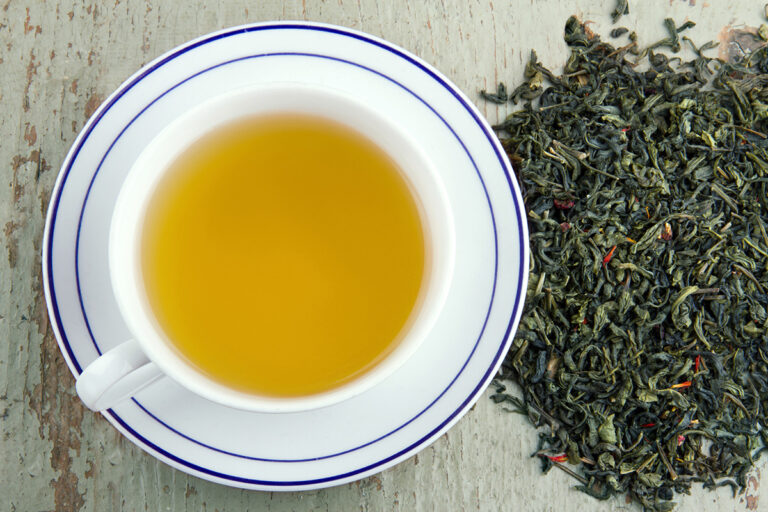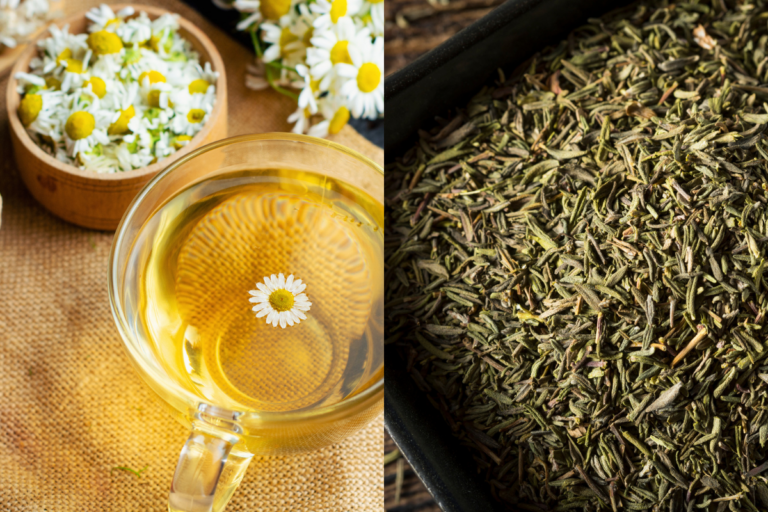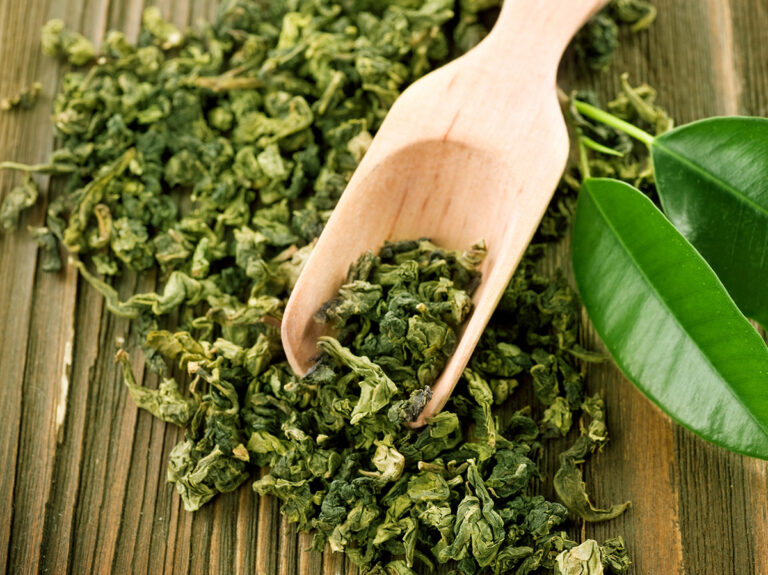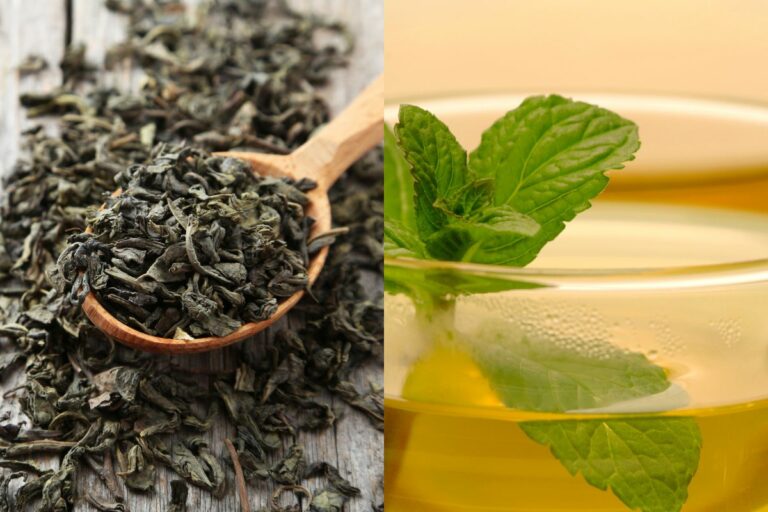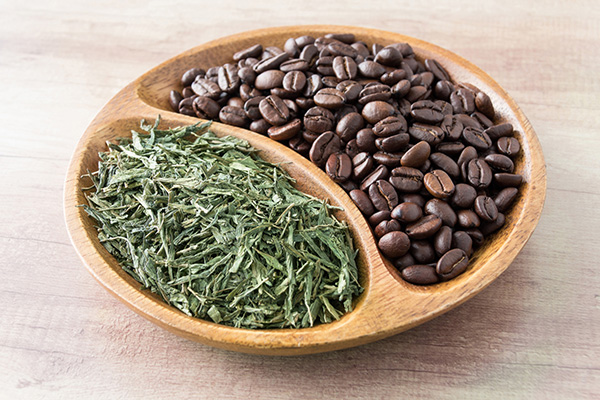Does Green Tea Make You Pee?
Introduction Green tea has gained popularity worldwide for its numerous health benefits. But a common question arises among green tea drinkers: does green tea make you pee? The answer is yes, green tea can make you pee due to its caffeine content, which acts as a mild diuretic and stimulates the kidneys to increase urine production. Additionally, the increased fluid intake from drinking green tea contributes to a higher urine output. However, the diuretic effect of green tea is relatively mild compared to other caffeinated beverages.
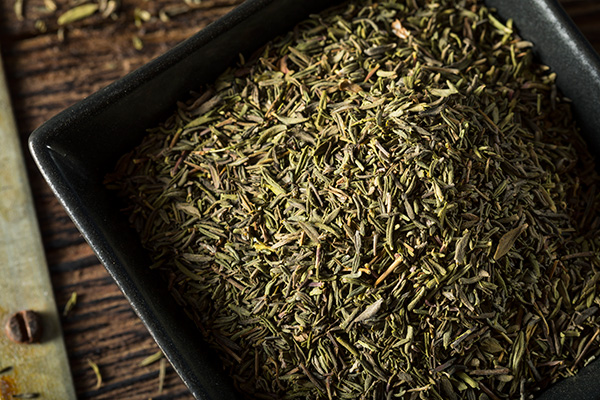
What Is Green Tea?
Green tea is derived from the leaves of the Camellia sinensis plant, which also gives us black tea and oolong tea. The primary difference between these tea types is the level of oxidation the leaves undergo. Green tea is the least oxidized, which helps preserve its high antioxidant content and beneficial compounds.
Why Does Green Tea Make Me Pee?
There are two main factors why you may need to go to the bathroom a lot when drinking green tea.
Caffeine Content in Green Tea
One of the key factors influencing the need to urinate after consuming green tea is its caffeine content. Caffeine is a mild diuretic, which means it can cause an increase in urine production. This occurs because caffeine stimulates the kidneys, leading them to filter more water from the blood, thereby increasing urine output. As a result, you may find yourself needing to use the restroom more frequently after consuming green tea.
A typical 8-ounce cup of green tea contains around 25-45 mg of caffeine, which is significantly less than coffee but still enough to have an effect on your body.
Increased Fluid Intake
Another reason you may need to pee more often when drinking green tea is simply due to increased fluid intake. Drinking any fluid, including water, will naturally lead to a higher urine output. Green tea, being a liquid, contributes to this increase in fluids, which in turn can make you pee more.
Is Green Tea a Diuretic?
As mentioned earlier, caffeine in green tea acts as a mild diuretic, increasing urine production to some extent. However, the diuretic effect of green tea is significantly less than that of coffee or other caffeinated beverages, mainly because green tea contains less caffeine.
Additionally, green tea is rich in antioxidants and other beneficial compounds that may counterbalance the diuretic effect of caffeine. For example, green tea contains theanine, an amino acid known for promoting relaxation and counteracting the stimulating effects of caffeine.
How to Minimize the Urinary Effects of Green Tea
If you find that green tea is causing you to visit the restroom more often than you’d like, consider the following tips:
- Opt for Decaffeinated Green Tea. Decaffeinated green tea has most of the caffeine removed, so it is less likely to have a diuretic effect. Keep in mind, however, that decaffeinated green tea may also contain fewer antioxidants and beneficial compounds compared to regular green tea.
- Limit Your Green Tea Intake. Drinking green tea in moderation can help minimize its diuretic effects. Try to limit your consumption to 2-3 cups per day and avoid drinking it too close to bedtime, as caffeine can also disrupt your sleep.
- Gradually Increase Your Green Tea Intake. If you’re new to green tea, gradually increasing your intake can help your body adjust to the mild diuretic effect. Start with one cup per day and slowly work your way up as your body becomes accustomed to the caffeine.
Best Green Teas You Should Try
If you’re looking for the best green teas, explore our list. From caffeinated to decaf, loose-leaf to tea bags, we have carefully chosen the best for you.
Conclusion
So, does green tea make you pee? The answer is yes, but its effect on your bathroom habits is relatively mild compared to other caffeinated beverages. The caffeine in green tea does have a slight diuretic effect, and the increased fluid intake from drinking the tea contributes to a higher urine output. However, green tea’s numerous health benefits, including its antioxidant properties, make it a valuable addition to your daily routine.
If you find that green tea sends you to the restroom more frequently than you’d like, try opting for decaffeinated green tea, limiting your intake, or gradually increasing your consumption to help your body adjust. Ultimately, the key is to find a balance that allows you to enjoy the numerous health benefits of green tea without causing too much disruption to your daily routine.

